Federal courts ruled private companies don’t need NIH permission to field test genetically engineered organisms
In 1985, Federal courts ruled that private companies don’t need National Institutes of Health’s (NIH) permission for field…

In 1985, Federal courts ruled that private companies don’t need National Institutes of Health’s (NIH) permission for field…
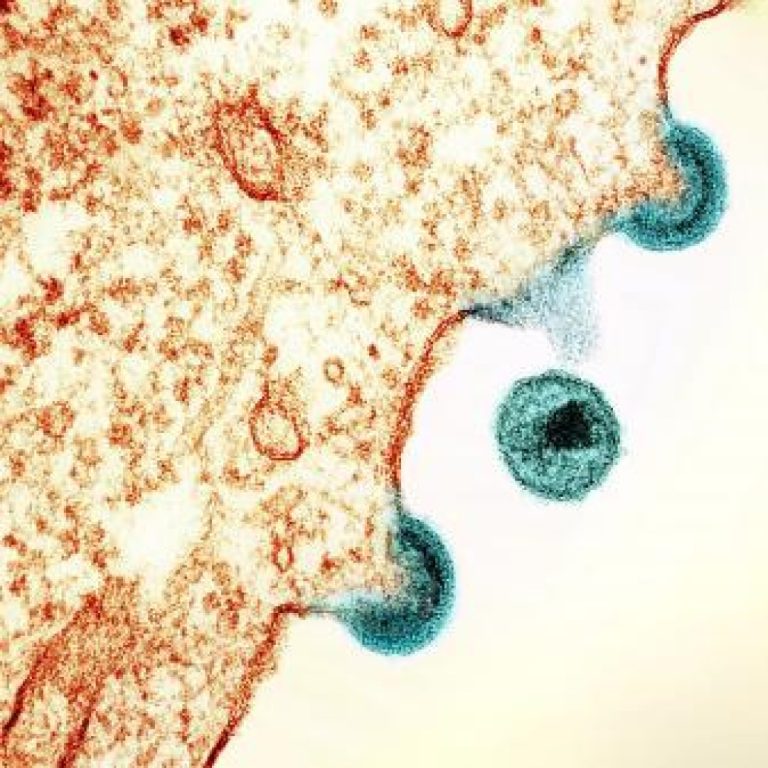
In 1985, the U.S. Centers for Disease Control and Prevention (CDC) revised the case definition of AIDS to…
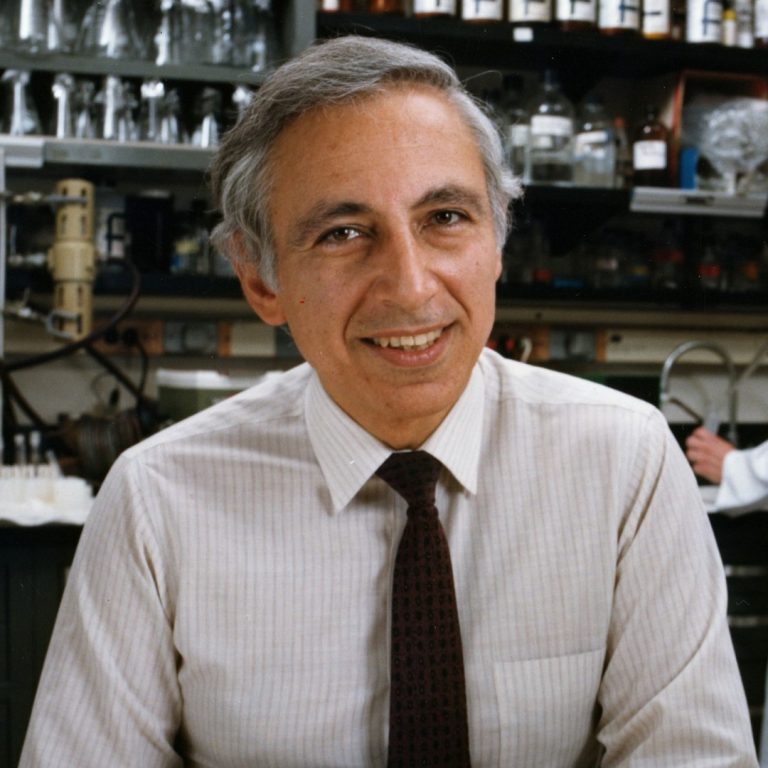
On Apr. 23, 1984, a National Cancer Institute (NCI) scientist, Dr. Robert C. Gallo announced his team’s discovery of…
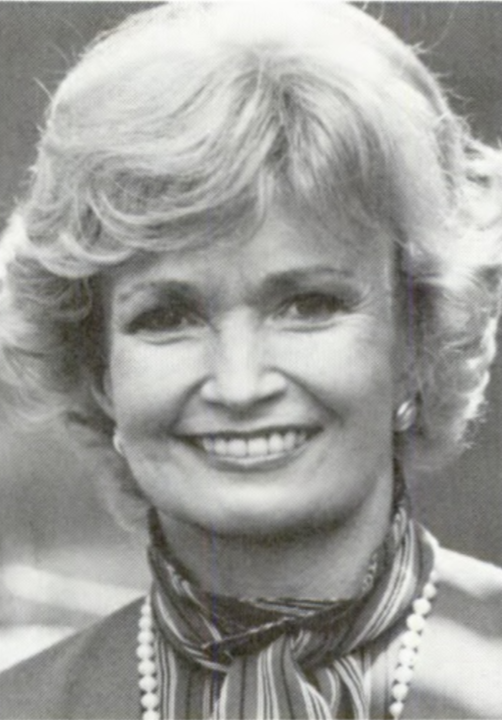
On Mar. 6, 1984, Health and Human Services (HHS) Secretary Margaret M. Heckler launched a new cancer prevention…

In 1984, a policy statement regarding the relationship of National Cancer Institute (NCI), the pharmaceutical industry, and NCI-supported…

In 1984, the University of California, San Diego (UC San Diego) was selected as one of the original…
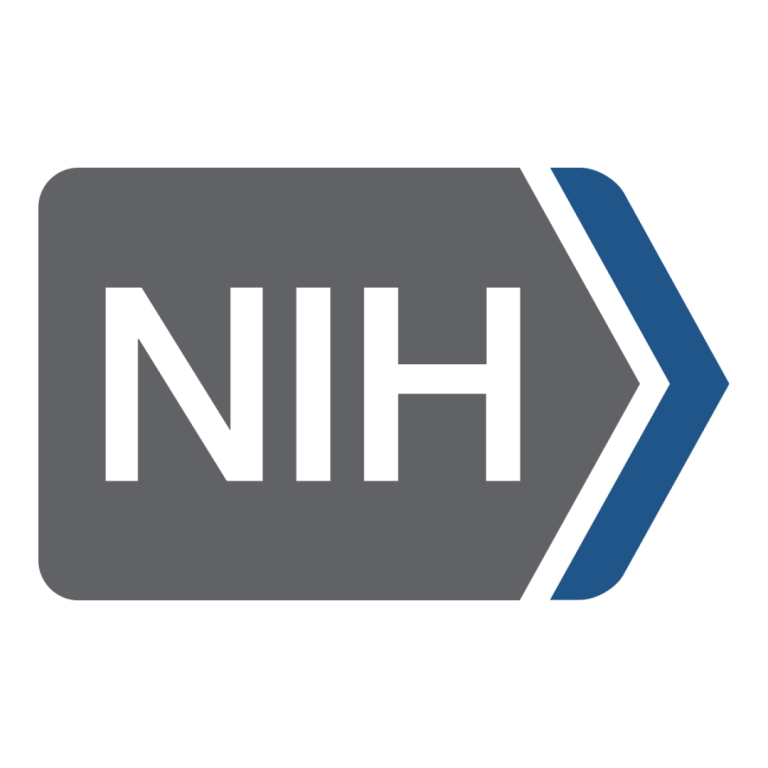
In 1983, the National Institute of Health’s (NIH) Recombinant DNA Advisory Committee unanimously approved Lindow test. Stephen Lindow,…
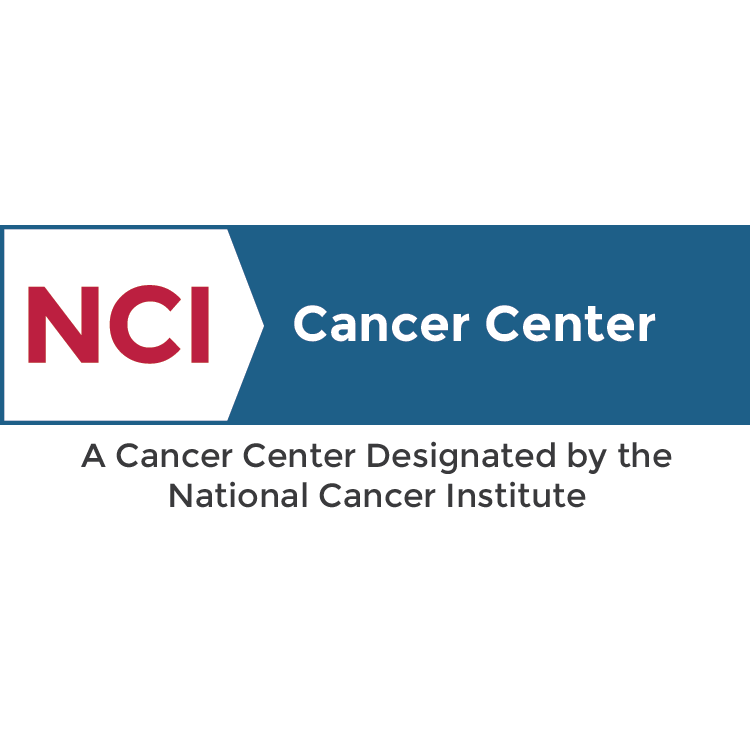
In 1983, The Meyer L. Prentis Comprehensive Cancer Center of Metropolitan Detroit now known as the Karmanos Cancer…

In 1983, the National Cancer Institute’s Division of Resources, Centers and Community Activities was renamed the Division of…
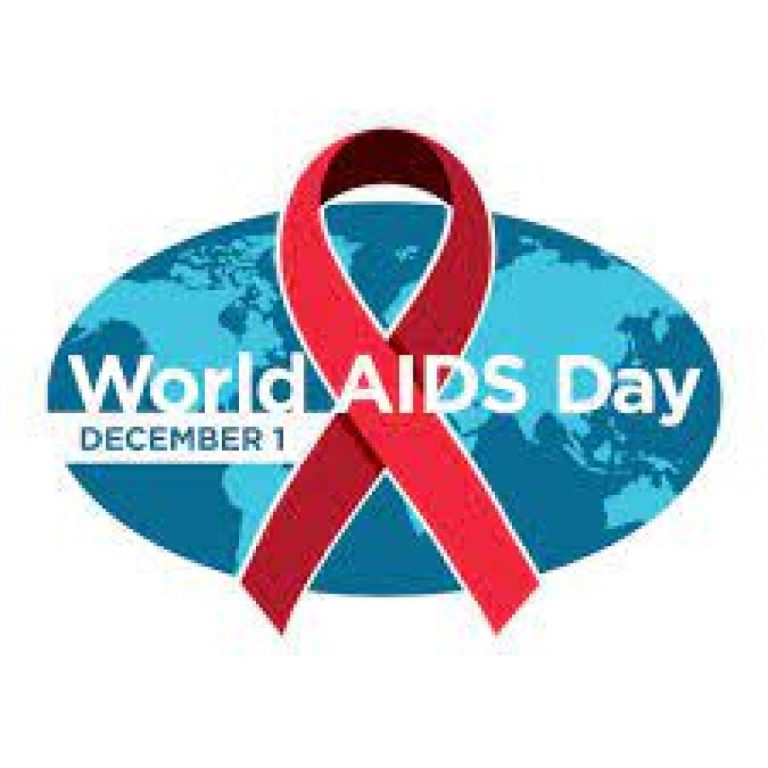
On Jul. 27, 1982, a meeting in Washington, DC, attended by federal officials, university researchers, community activists, and…
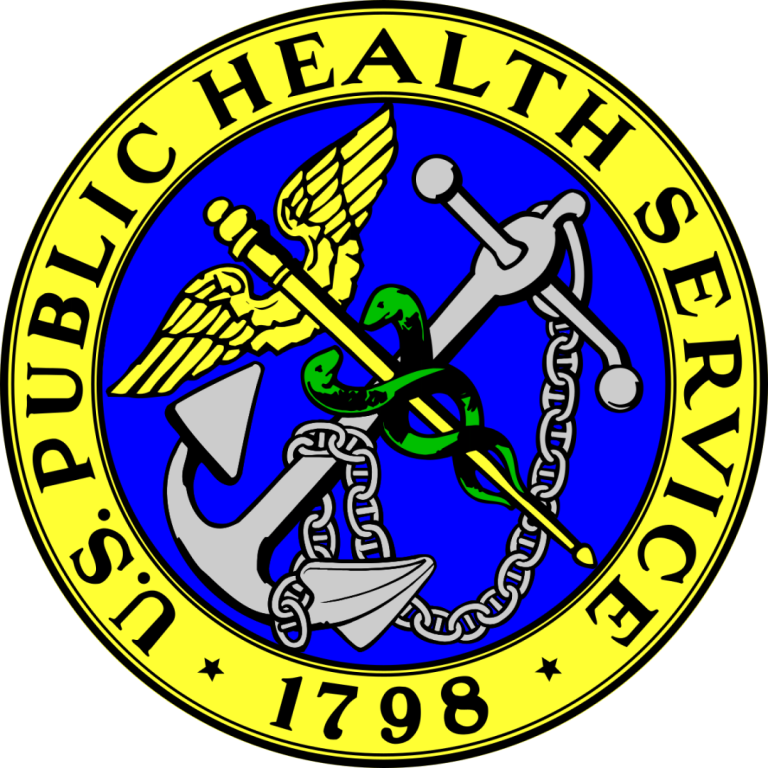
On Mar. 3, 1982, a conference on the new HIV disease was held by the U.S. Public Health…

On Jan. 15, 1982, the second AIDS patient was admitted to the National Institute of Allergy and Infectious…
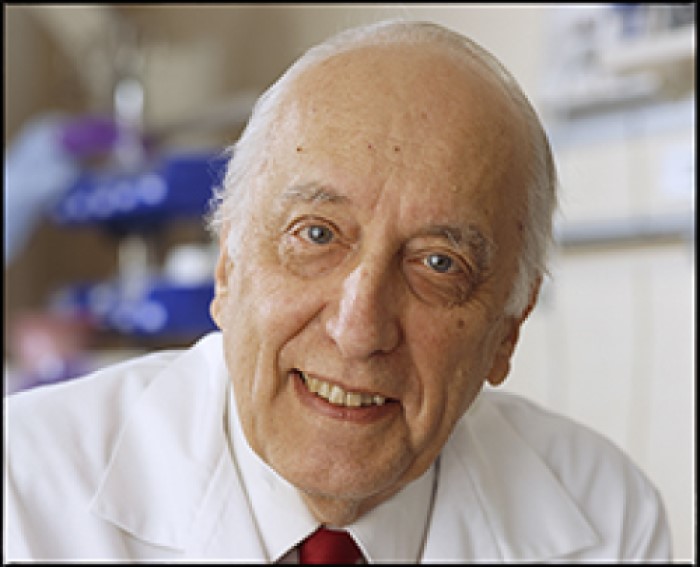
On Jun. 16, 1981, Dr. Thomas Waldmann with the National Cancer Institute (NCI), part of the National Institutes…
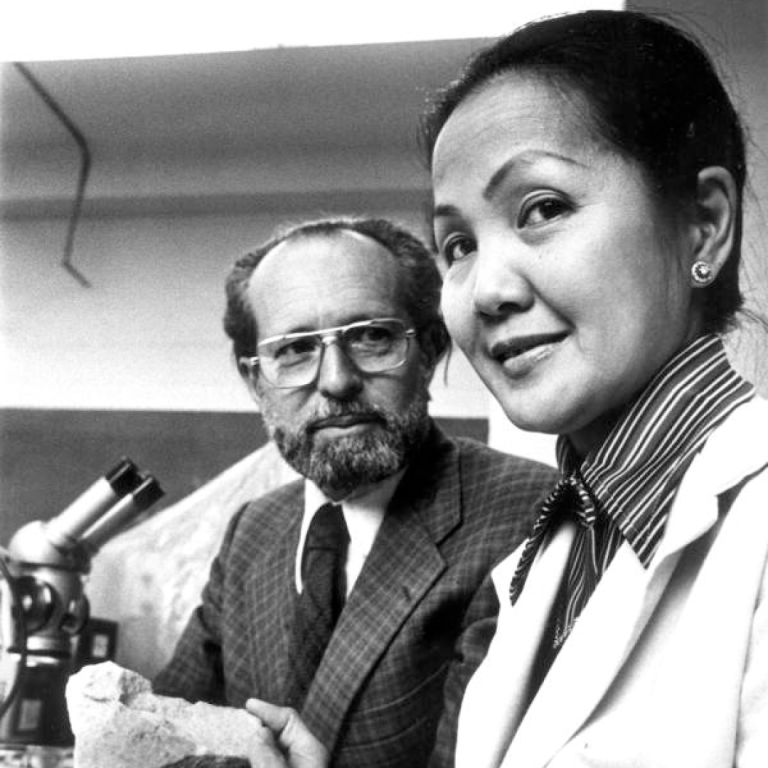
In 1981, Filipino and American scientist Dr. Roseli Ocampo-Friedmann received the U.S. Congressional Antarctic Service Medal for her…

In 1981, the National Cancer Institute (NC) awarded The City of Hope Cancer Center NCI-designation. City of Hope’s…

In 1981, the La Jolla Cancer Research Foundation, the Cancer Center received its National Cancer Institute (NCI)-designation. The…
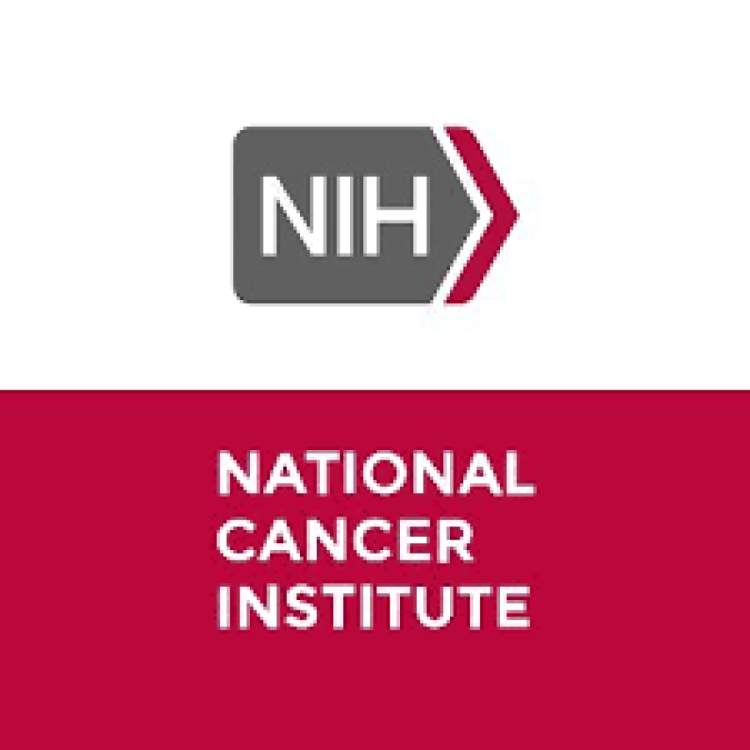
On Dec. 17, 1980, the Health Programs Extension Act of 1980 (P.L. 96-538), introduced by Sen. Edward Kennedy,…
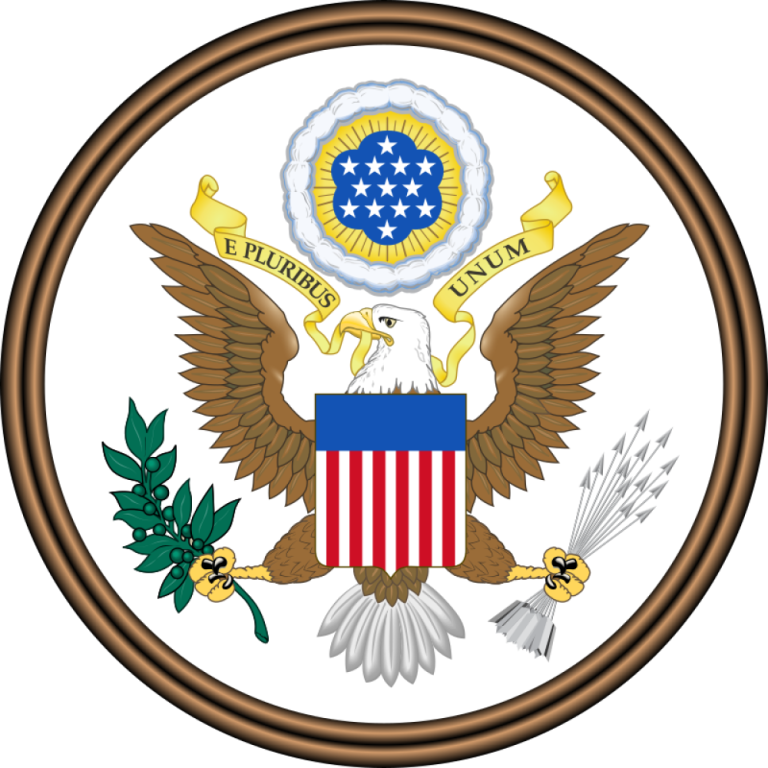
On Dec. 12, 1980, the U.S. Congress enacted the Bayh-Dole Act (P.L. 96-517, Patent and Trademark Act Amendments of…

On Dec. 12, 1980, the U.S. Senate passed Joint Resolution 213 which designated the National Institutes of Health’s…
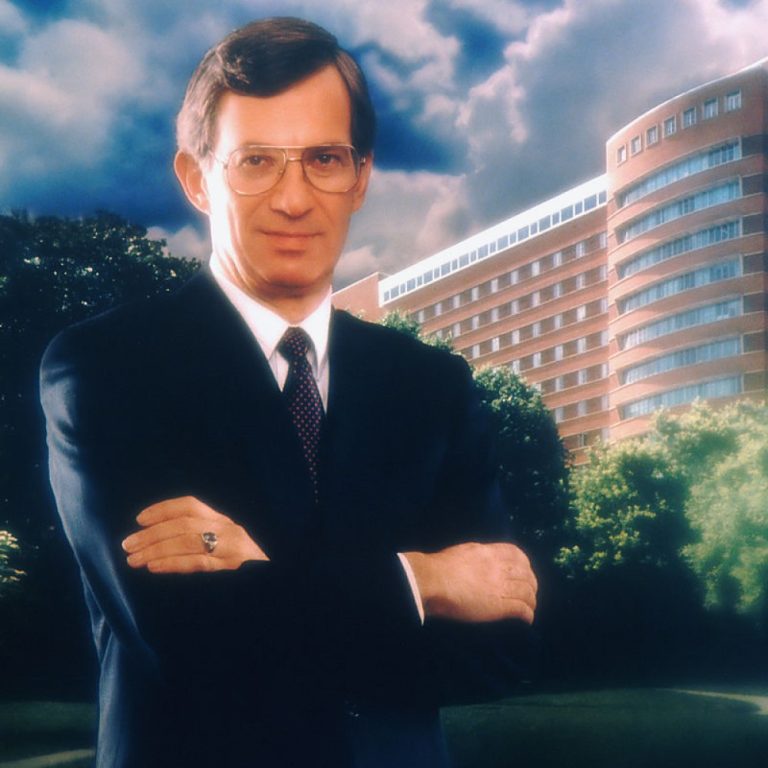
On Jul. 9, 1980, Dr. Vincent T. DeVita, Jr. became the ninth director of the National Cancer Institute…
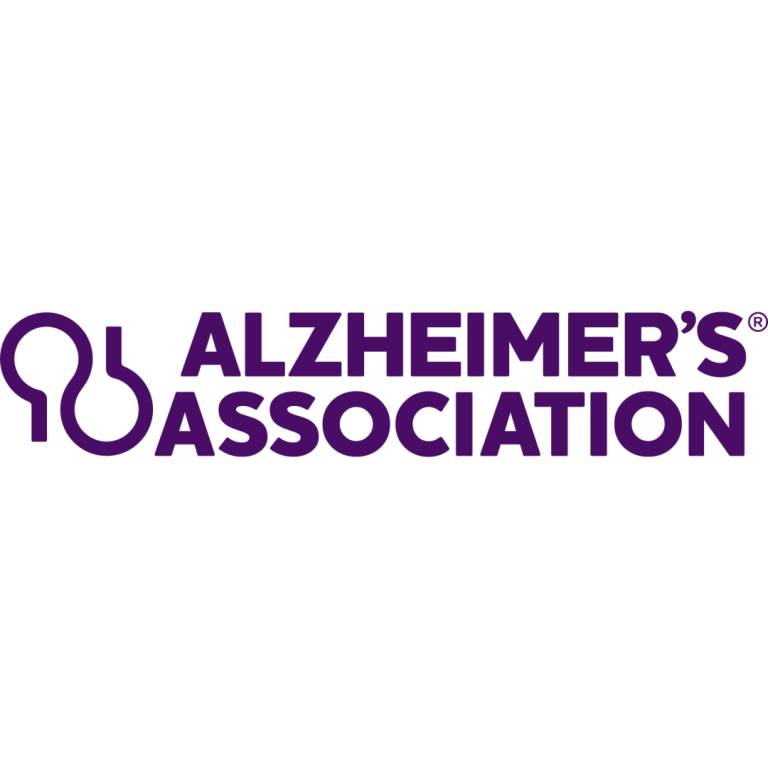
On Apr. 10, 1980, the Alzheimer’s Association was established. In 1979, Jerome H. Stone and representatives from several…
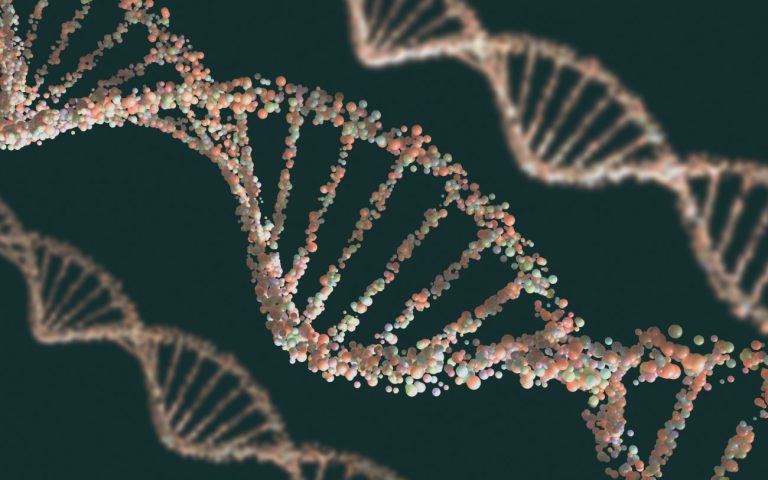
In 1979, early concern over the dangers of recombinant DNA has waned and the National Institutes of Health…
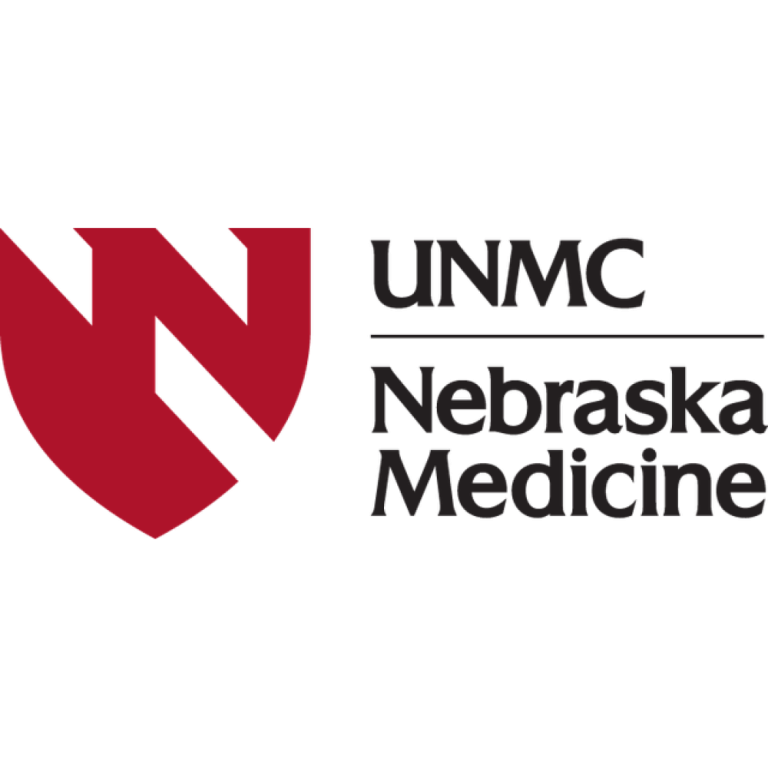
In 1979, Dr. Norman H. Cromwell of the Department of Chemistry, University of Nebraska-Lincoln, became acting director of…
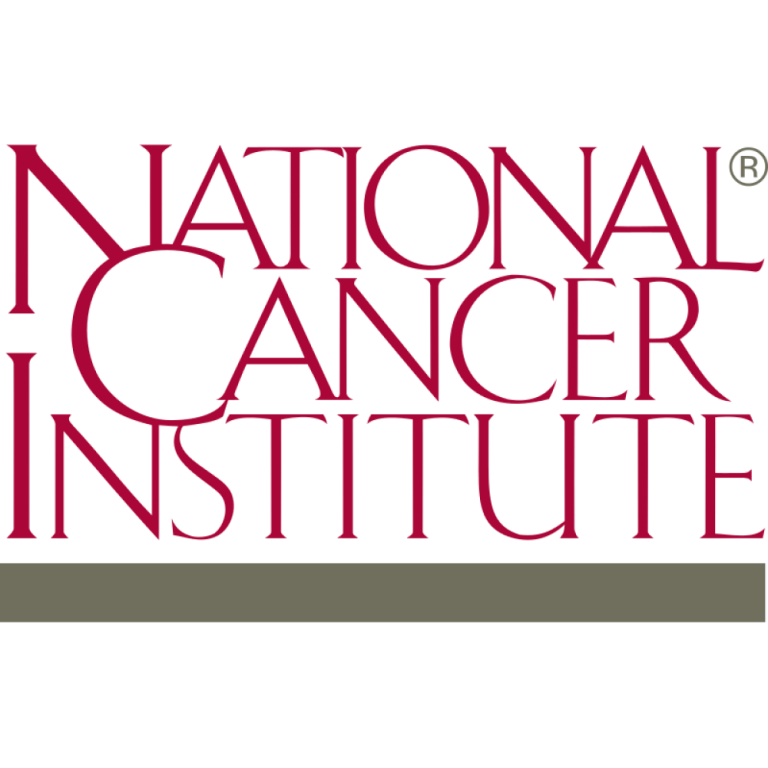
On Nov. 9, 1978, the President Jimmy Carter signed the Community Mental Health Centers Act (P.L. 95-622) amending…
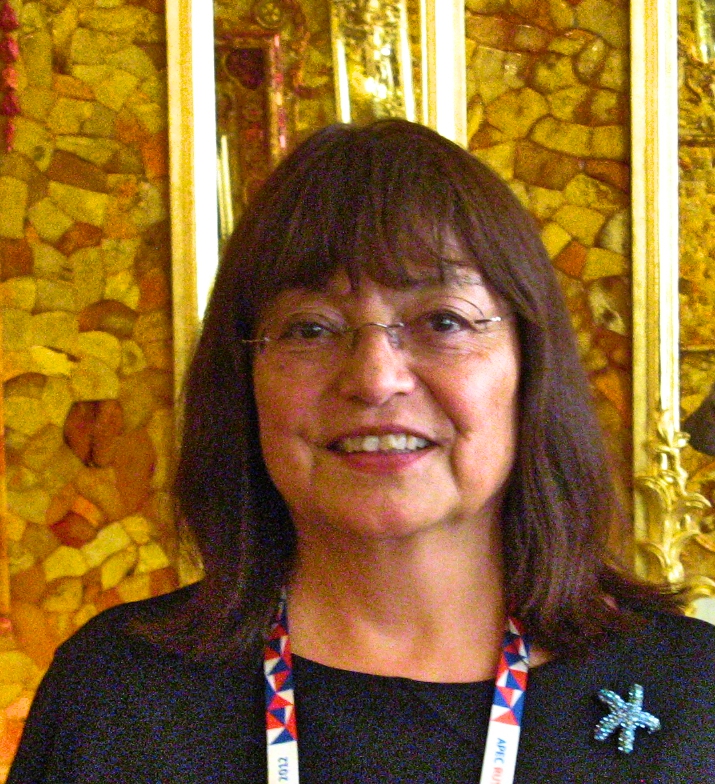
In August 1978, molecular biologist Lydia Villa-Komaroff was lead author of a paper demonstrating that bacteria could produce…
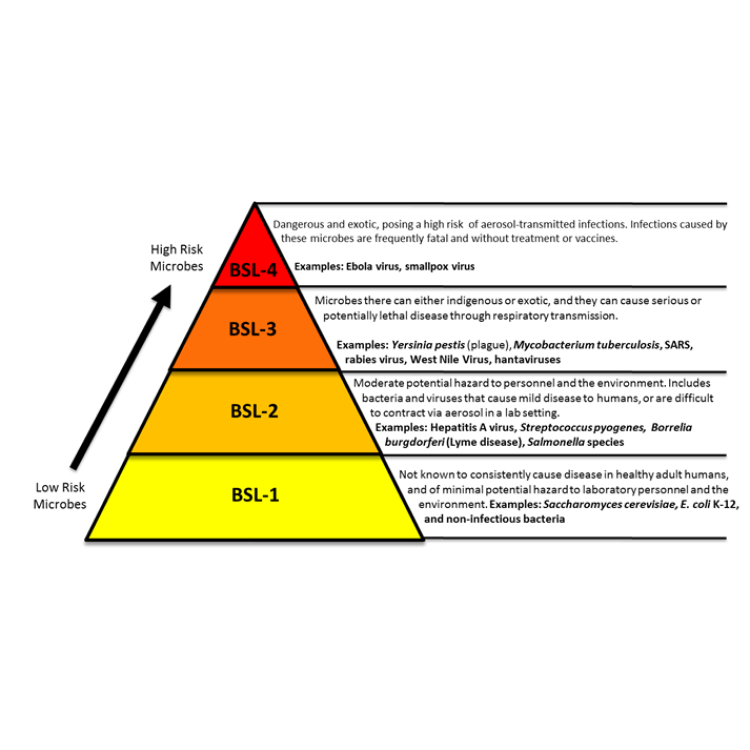
In 1978, the U.S. Centers for Disease Control and Prevention (CDC) completed construction of a new hot lab…

In 1978, the Norris Cotton Cancer Center in New Hampshire received National Cancer Institute (NCI) designated in recognition…
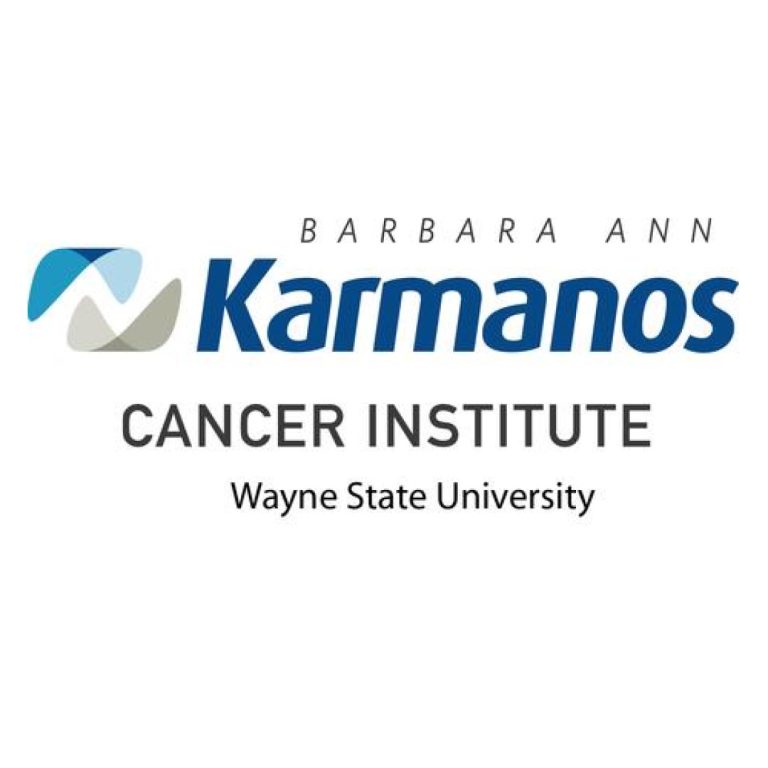
In 1978, The Karmanos Cancer Institute (KCI), a not-for-profit, NCI-designated Comprehensive Cancer Center was founded in metropolitan Detroit….

In 1978, The University of Arizona Cancer Center (UACC) received its first National Cancer Institute (NCI) Support Grant…
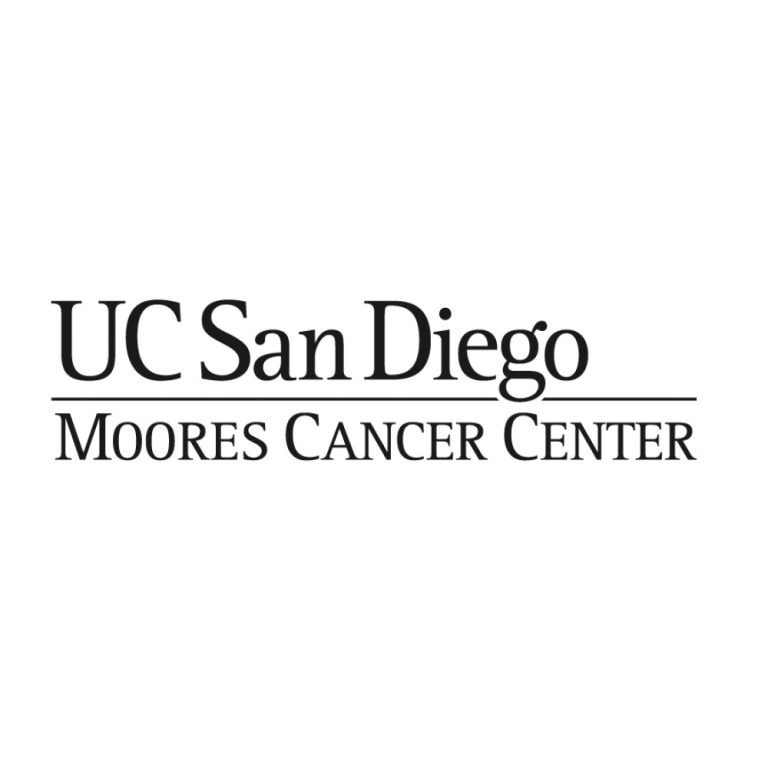
In 1978, the University of California, San Diego Cancer Center was founded as one of just 45 National…